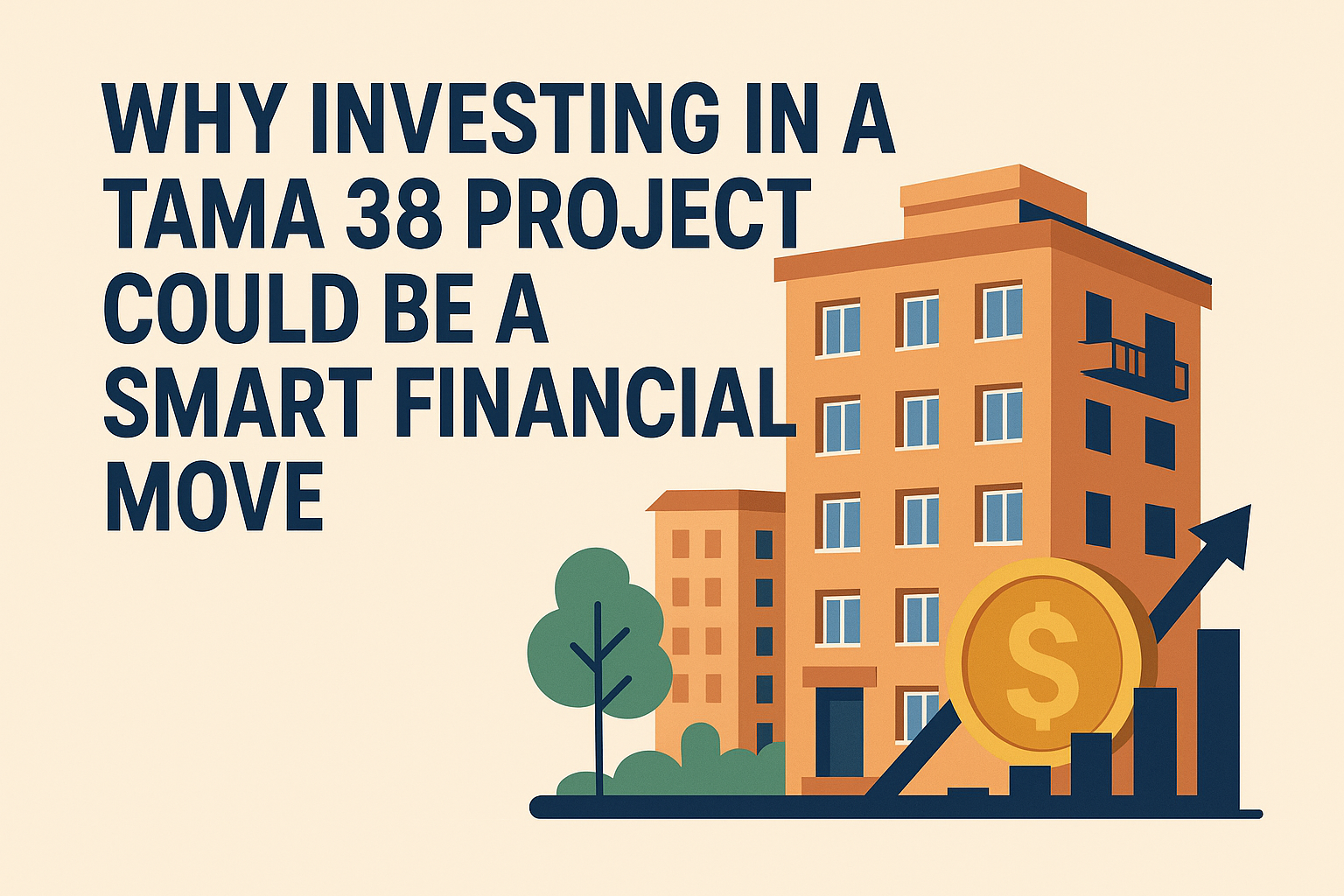Over years of guiding international investors through Israeli property purchases, certain questions arise consistently. Here we address the most common inquiries to provide clarity for new investors considering this market.
Purchasing Process Questions
Q: Can non-citizens purchase property in Israel without restrictions? A: Yes, Israel has no significant restrictions on foreign ownership of property. Non-citizens can purchase almost any residential property with the same rights as Israeli citizens. The only notable exception involves certain properties on land with specific historical designations, which is rarely relevant for new builds.
Q: What is the typical timeline from reservation to receiving keys? A: For new builds, the process typically follows this timeline:
- Reservation agreement: 1-2 weeks
- Contract negotiation and signing: 2-4 weeks
- Construction period: 18-36 months (project dependent)
- Snagging and handover: 2-4 weeks The total timeline averages 2-3 years from initial reservation to receiving keys, though this varies significantly by project.
Q: What initial deposit is required to secure a new build property? A: Most developers require a reservation deposit of 5,000-10,000 NIS (approximately $1,500-3,000), followed by a first payment of 15-20% upon contract signing. The reservation deposit is typically applied toward this first payment.
Financial Considerations
Q: What are the total purchasing costs beyond the property price? A: Additional costs typically include:
- Purchase tax: 5-10% (variable based on property value and buyer status)
- Legal fees: 1-2% of purchase price
- Registration fees: Approximately 0.5%
- Mortgage arrangement (if applicable): Up to 1%
- Foreign currency transfer costs: Variable by method Total additional costs typically range from 7-13% of the property price.
Q: How much can I finance as a non-resident? A: Non-residents can typically secure financing for 50-60% of the property value from Israeli banks. Terms are generally less favorable than for residents, with interest rates approximately 1-2% higher and maximum mortgage terms of 15-20 years.
Q: Are there ongoing property taxes? A: Yes, property owners in Israel pay an annual municipal tax called “Arnona.” Rates vary by municipality and property size but typically range from 3,000-12,000 NIS ($900-3,600) annually for average residential properties. Non-resident owners also face income tax on rental income, typically around 25%.
Legal and Ownership Questions
Q: What does “off-plan” legally mean in Israel? A: “Off-plan” or “pre-construction” refers to purchasing property before or during construction, based on plans rather than a completed building. Israeli law provides specific protections for off-plan buyers, including mandatory bank guarantees securing buyers’ payments until legal ownership transfer.
Q: How is ownership officially registered? A: Property ownership in Israel is registered either in the Land Registry (Tabu) for privately owned land or with the Israel Land Authority for leasehold properties. New builds typically involve an initial developer registration followed by individual apartment registration, which can take 1-2 years after building completion.
Q: What warranty protection exists for new properties? A: Israeli law mandates warranty periods for new constructions:
- 1 year for all defects
- 3 years for plumbing and electrical systems
- 7 years for structural elements Developers may offer enhanced warranty terms, which should be explicitly detailed in the purchase contract.
Practical Ownership Questions
Q: Can I rent my property freely when not using it? A: Yes, there are no restrictions on renting out your property. Short-term and vacation rentals are permitted in most areas, though some municipalities have begun implementing regulations for Airbnb-style rentals. Long-term rentals typically involve 12-month contracts.
Q: How are utilities and services established? A: For new builds, the developer typically arranges initial connections to water, electricity, and gas. The buyer must then transfer these accounts to their name upon taking possession. Internet, cable TV, and other services must be arranged separately. For international owners, property management companies can handle these arrangements.
Q: What building management systems exist in Israeli developments? A: Most Israeli apartment buildings have a residents’ committee (Vaad Bayit) that collects monthly maintenance fees for common area upkeep, insurance, and reserves. Fees vary widely depending on building amenities but typically range from 300-1,500 NIS ($90-450) monthly.
Investment Performance
Q: What rental yields are realistic in today’s market? A: Current gross rental yields vary by location:
- Tel Aviv: 2.5-4%
- Jerusalem: 3-4.5%
- Haifa and northern cities: 4-6%
- Beersheba and southern regions: 5-7% Net yields after all expenses are typically 1-2% lower than gross yields.
Q: How liquid is the Israeli property market for reselling? A: Market liquidity varies significantly by location. Prime properties in central Tel Aviv or Jerusalem typically sell within 3-6 months, while properties in peripheral areas may take 6-12 months to sell. New or nearly new properties typically sell faster than older units, particularly if they incorporate modern amenities and design.
Q: How has the market performed historically during global downturns? A: Israel’s property market has demonstrated remarkable resilience during global economic challenges. During the 2008 global financial crisis, Israel experienced only a minor 5% price correction followed by a strong recovery. This resilience is attributed to fundamental housing shortages, strong domestic demand, and limited foreign speculation compared to other markets.
Working with OffPlanIsrael
Q: What services does OffPlanIsrael provide throughout the purchase process? A: Our comprehensive service includes:
- Initial investment strategy consultation
- Property search and shortlisting based on your criteria
- Developer due diligence and project assessment
- Viewing arrangements (in-person or virtual)
- Negotiation support and contract review
- Introduction to trusted legal and financial professionals
- Construction monitoring during the build period
- Handover inspection and defect resolution
- Post-completion management arrangement if required
Q: Do you represent the developer or the buyer? A: OffPlanIsrael exclusively represents buyers. Unlike traditional agencies that often represent developers, our loyalty is solely to our investor clients. This allows us to provide unbiased advice and negotiate firmly on your behalf.
Q: How are your fees structured? A: We offer transparent fee structures tailored to the level of service required. Options include:
- Fixed consultation fees for specific services
- Success-based fees as a percentage of achieved savings
- Comprehensive package covering the entire purchase journey
Each client’s needs are unique, and we’re happy to discuss the most appropriate arrangement during your initial consultation.
Through addressing these common questions, we hope to provide clarity for potential investors. Our experienced team is available to address your specific queries and circumstances as you consider entering the Israeli property market.

